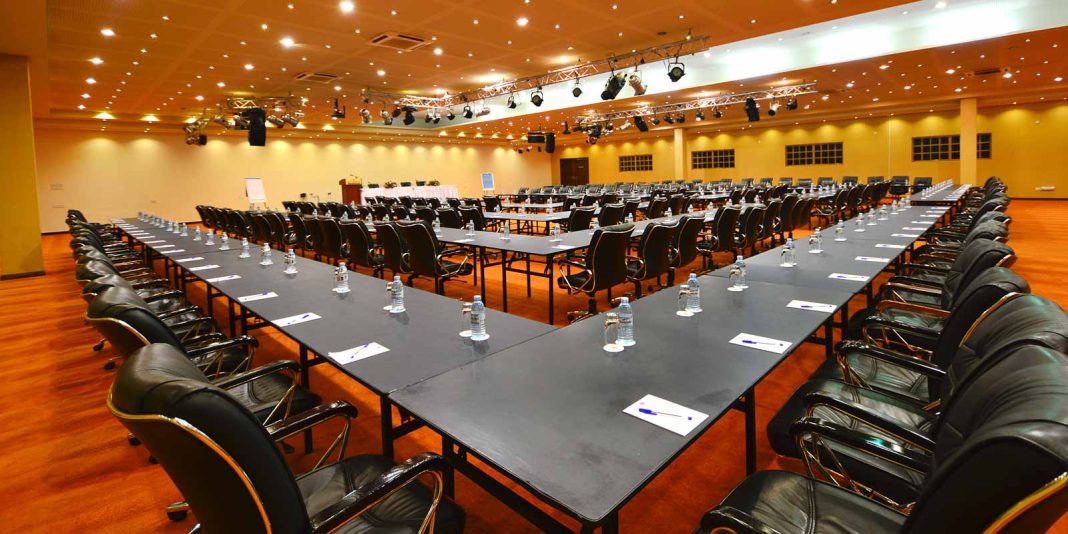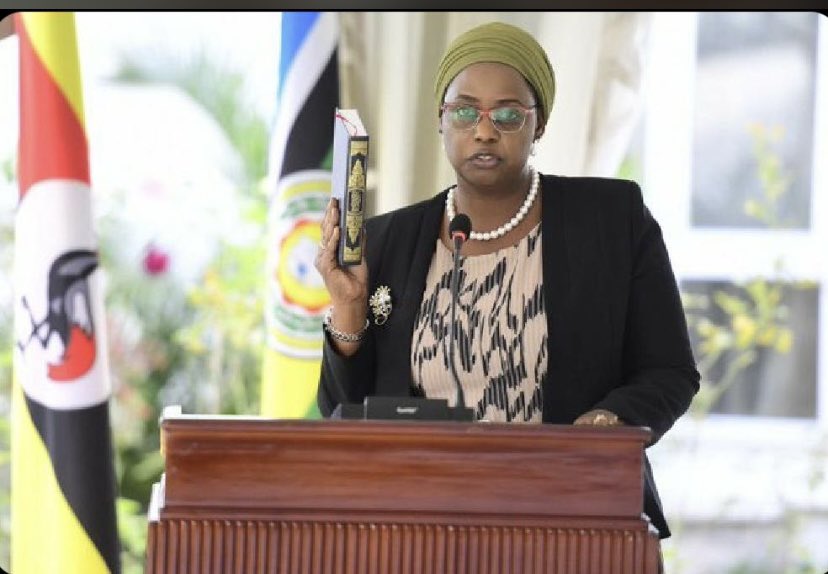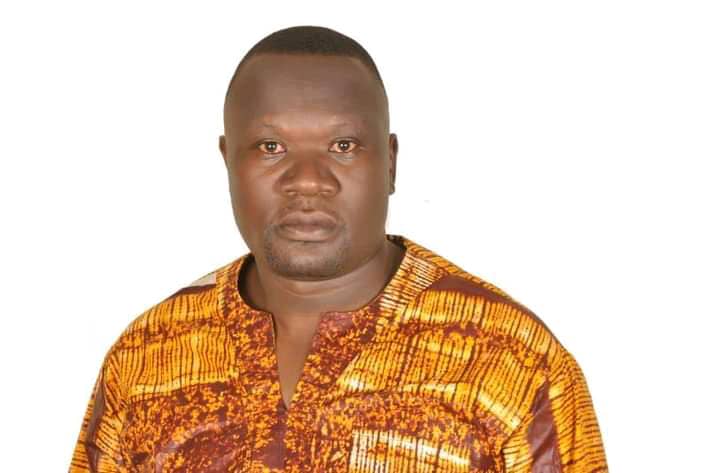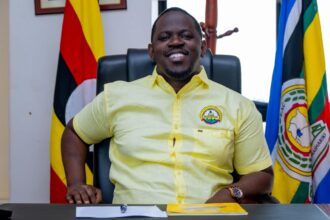Uganda Gears Up for Afro-Arab Youth Congress: A Platform for Unity or Another Costly Showcase?
*Kampala – As Uganda rolls out the red carpet for the inaugural Afro-Arab Youth Congress 2025, set to kick off today at the opulent Speke Resort Munyonyo, questions swirl about whether this high-profile event will truly empower the continent’s youth or merely burnish the government’s international image at taxpayers’ expense. Organized by the Afro-Arab Youth Council (AAYC) in tandem with the Office of the President and the Ministry of Gender, Labour and Social Development, the four-day summit from October 7-10 aims to bridge divides between African and Arab youth for “peace, unity, and prosperity.”
President Yoweri Museveni, serving as AAYC Patron, is slated to officially open the congress, rubbing shoulders with at least five African and Arab heads of state, youth ministers, diplomats, and global partners. The gathering promises star power: former Prime Minister Dr. Ruhakana Rugunda, now AAYC Special Envoy, will lead a high-stakes fundraising drive for the council’s new headquarters in Nakawuka, a sprawling 50-acre “Afro-Arab Youth City” featuring offices, a hotel, stadium, cultural center, and tech university. AAYC Secretary-General Abbas Agaba hailed it as “more than a building; it’s a dream city” for unity and empowerment, while State Minister for Youth Balaam Barugahara urged delegates to showcase Uganda’s “talent, resilience, and innovations.”
At its core, the congress seeks to amplify youth voices amid rising global tensions. Pan African Youth Union President Oliva Mutesi warned of attacks on young people, calling for solidarity “against oppression, war, and discrimination.” Barugahara echoed this, stressing that “peace cannot be sustained without meaningful youth involvement.” Culminating in a non-elective General Assembly, participants are expected to adopt the Kampala Declaration on Afro-Arab Youth Cooperation, potentially birthing new policies on everything from cultural exchange to economic innovation.
With contributions eyed from attending heads of state, how transparent will this fundraising be? Uganda’s history of hosting mega-events—like the Non-Aligned Movement Summit—has often left a trail of ballooning costs and unfulfilled promises for local youth. Will the economic ripple effects touted for hospitality and tourism truly trickle down to Kampala’s street vendors and unemployed graduates, or evaporate into elite pockets? The Youth City sounds visionary, but without ironclad accountability, it risks becoming another white elephant, echoing stalled projects like the Kampala Capital City Authority’s infrastructure debacles.
As delegates descend on Munyonyo, Watchdog Uganda calls for full disclosure: Publish budgets, donor lists, and impact metrics now. This congress could indeed position Uganda as Africa’s “heartbeat” for youth dialogue. But only if leaders prioritize substance over spectacle. Young Ugandans, from the slums of Kisenyi to the universities of Makerere, deserve no less. Stay tuned as we track every shilling and statement.
Do you have a story in your community or an opinion to share with us: Email us at Submit an Article








